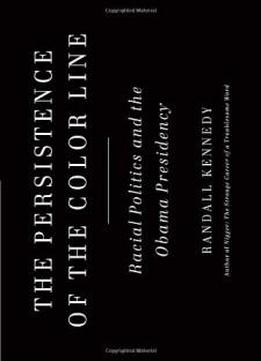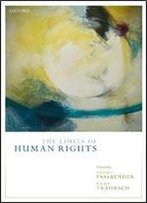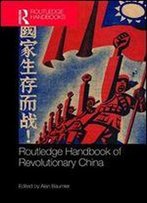
The Persistence Of The Color Line: Racial Politics And The Obama Presidency
by Randall Kennedy /
2011 / English / PDF
5.6 MB Download
Timely—as the 2012 presidential election nears—and controversial,
here is the first book by a major African-American public
intellectual on racial politics and the Obama presidency.
Timely—as the 2012 presidential election nears—and controversial,
here is the first book by a major African-American public
intellectual on racial politics and the Obama presidency.
Renowned for his cool reason vis-à-vis the pitfalls and clichés
of racial discourse, Randall Kennedy—Harvard professor of law and
author of the
Renowned for his cool reason vis-à-vis the pitfalls and clichés
of racial discourse, Randall Kennedy—Harvard professor of law and
author of theNew York Times
New York Times best seller
best sellerNigger: The
Strange Career of a Troublesome Word—
Nigger: The
Strange Career of a Troublesome Word—gives us a keen and
shrewd analysis of the complex relationship between the first
black president and his African-American constituency.
gives us a keen and
shrewd analysis of the complex relationship between the first
black president and his African-American constituency.
Kennedy tackles such hot-button issues as the nature of racial
opposition to Obama, whether Obama has a singular responsibility
to African Americans, electoral politics and cultural chauvinism,
black patriotism, the differences in Obama’s presentation of
himself to blacks and to whites, the challenges posed by the
dream of a postracial society, and the far-from-simple symbolism
of Obama as a leader of the Joshua generation in a country that
has elected only three black senators and two black governors in
its entire history.
Kennedy tackles such hot-button issues as the nature of racial
opposition to Obama, whether Obama has a singular responsibility
to African Americans, electoral politics and cultural chauvinism,
black patriotism, the differences in Obama’s presentation of
himself to blacks and to whites, the challenges posed by the
dream of a postracial society, and the far-from-simple symbolism
of Obama as a leader of the Joshua generation in a country that
has elected only three black senators and two black governors in
its entire history.
Eschewing the critical excesses of both the left and the right,
Kennedy offers a gimlet-eyed view of Obama’s triumphs and
travails, his strengths and weaknesses, as they pertain to the
troubled history of race in America.
Eschewing the critical excesses of both the left and the right,
Kennedy offers a gimlet-eyed view of Obama’s triumphs and
travails, his strengths and weaknesses, as they pertain to the
troubled history of race in America.











